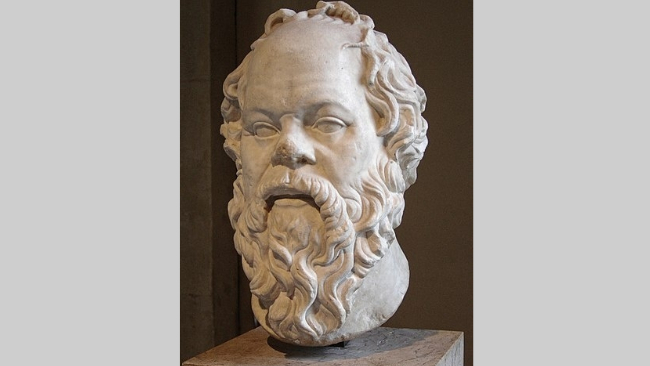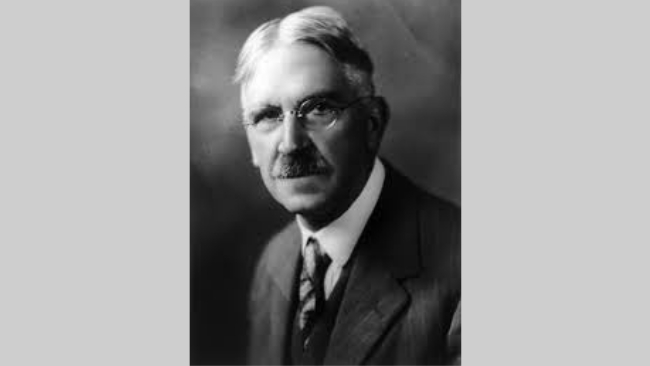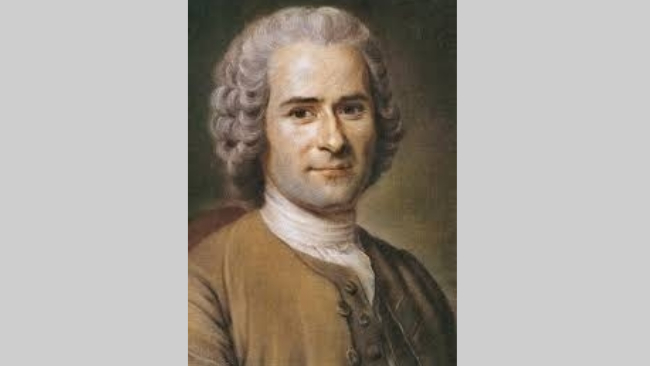It is the field of philosophy that examines, clarifies and directs the objectives, methods and pedagogical actions of an educational institution.
The philosophy of education can influence the choice of subjects taught at an institution and the way that teaching is done within the core curriculum.
In most educational institutions, it also helps to inspire and guide educational planning, programs and processes.
As it is important for education as a whole, it is one of the main subjects of higher education courses, such as pedagogy.
How important is the philosophy of education?
The educational process depends on four fundamental aspects: Theeducational institution, teachers, curricula and students.
These four aspects are strongly correlated and integrated into the educational process of an educational institution.
Some scholars in the field believe that education is the result of philosophical doctrines, and educators are, in fact, philosophers.
Therefore, the philosophy of education is important in the construction and development of the educational process in the following aspects:
- It helps to understand, maintain or modify the educational process of an educational institution;
- Identifies conflicts and contradictions in any pedagogical theory that could hinder the students' educational process;
- Develops the human capacity to raise ideas and discuss different pedagogical theories and how they affect the individual and social life of students;
- It directs the educational institution to understand its purpose in the social education of students;
- It assists and supports the significant goal of any educational institution, which is to qualify a person for public life and to be an effective member of society.
The emergence of philosophy of education and its theorists
Leading Greek philosophers developed philosophical views of education that were incorporated into their broader and more general theories.
Socrates he stated that an education that sought reasoning and identified the reasons to justify human beliefs, judgments and actions was fundamental.
This thought gave rise to the idea that education should encourage, in all students and people, the pursuit of reason..
 Representative sculpture of the Greek philosopher Socrates.
Representative sculpture of the Greek philosopher Socrates.
This theory has also been shared by most of the great figures in the history of the philosophy of education, despite differences in their other philosophical views.
Plato, student of Socrates, defended his master's assertion, supporting the idea that the fundamental task of education is to help students value reason.
Therefore, he asserted that wisdom should be above pleasure, honor and other activities considered less worthy.
He established a vision of education in which different groups of students would receive different types of education depending on their skills, interests and positions in life.
His utopian vision has been seen by many as a precursor to what has come to be called “educational ordering”.
Centuries later, the American philosopher John Dewey he also supported the claim that education should be tailored to each child individually.
 Philosopher and educator John Dewey.
Philosopher and educator John Dewey.
Aristotle he asserted that the ultimate purpose of education is to promote wisdom and was more optimistic than his teacher, the philosopher Plato, about the student's abilities.
He also emphasized that the individual's moral virtue and character can develop in the practical, community-led context, as well as in the educational field.
Jean-Jacques Rousseau he argued that education should allow for the natural and free development of children, a view that led to the modern movement known as “open education”.
 Jean-Jacques Rousseau.
Jean-Jacques Rousseau.
Unlike Plato, Rousseau described a fundamentally different education for boys and girls, raising gender issues discussed to this day.
The history of the philosophy of education includes other great philosophers such as:
- Brazilian pedagogue Paulo Freire;
- Erasmus of Rotterdam;
- Aquinas;
- Thomas Hobbes;
- Rene Descartes.
The philosophy of education in Brazil
The history of Philosophy of Education in Brazil began at the end of the 19th century and beginning of the 20th century, with the aim of to enter the theme in the areas of teacher training, which would be the drivers of a new era in education national.
This philosophy emerged in Brazil with the objective that the great educators would rethink the paths already traced for national education and explore new ones.
Thus, Brazilian education was based on two main aspects:
- a conservative and traditional model of education, based on a religious teaching and direct transference;
- a modern and liberal education model, which a lot was already said and practiced in Europe, with a progressive aspect and with a focus on training man for his life in society.
It is possible to say that during the First Republic, the traditional and essentialist model of education predominated, until thinkers and philosophers, such as Serrano, Paulo Freire and Cecília Meireles, began to modify the movement through the defense of New school.
See too:
- What is education?
- What is philosophy?
- What is the history of ancient philosophy?
- What is school management?
- What levels of education are there?
- What does inclusive education mean?
